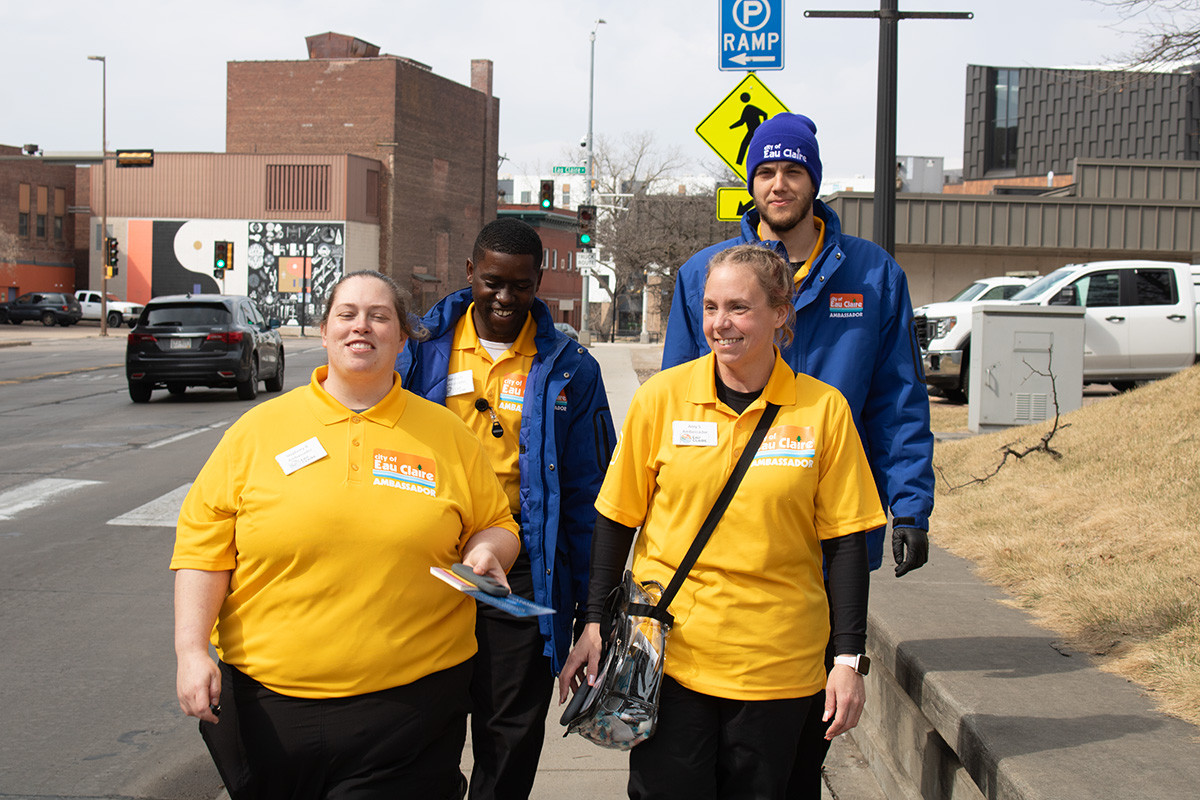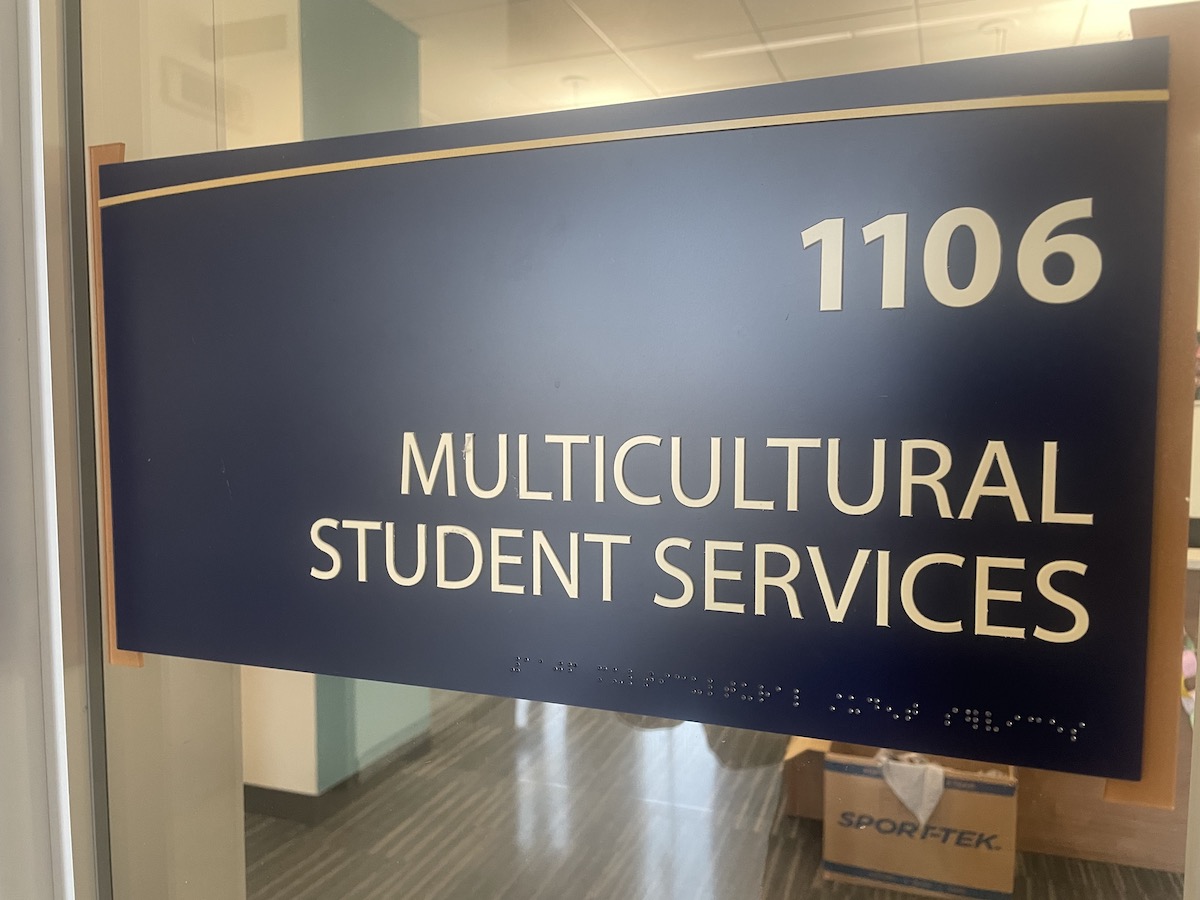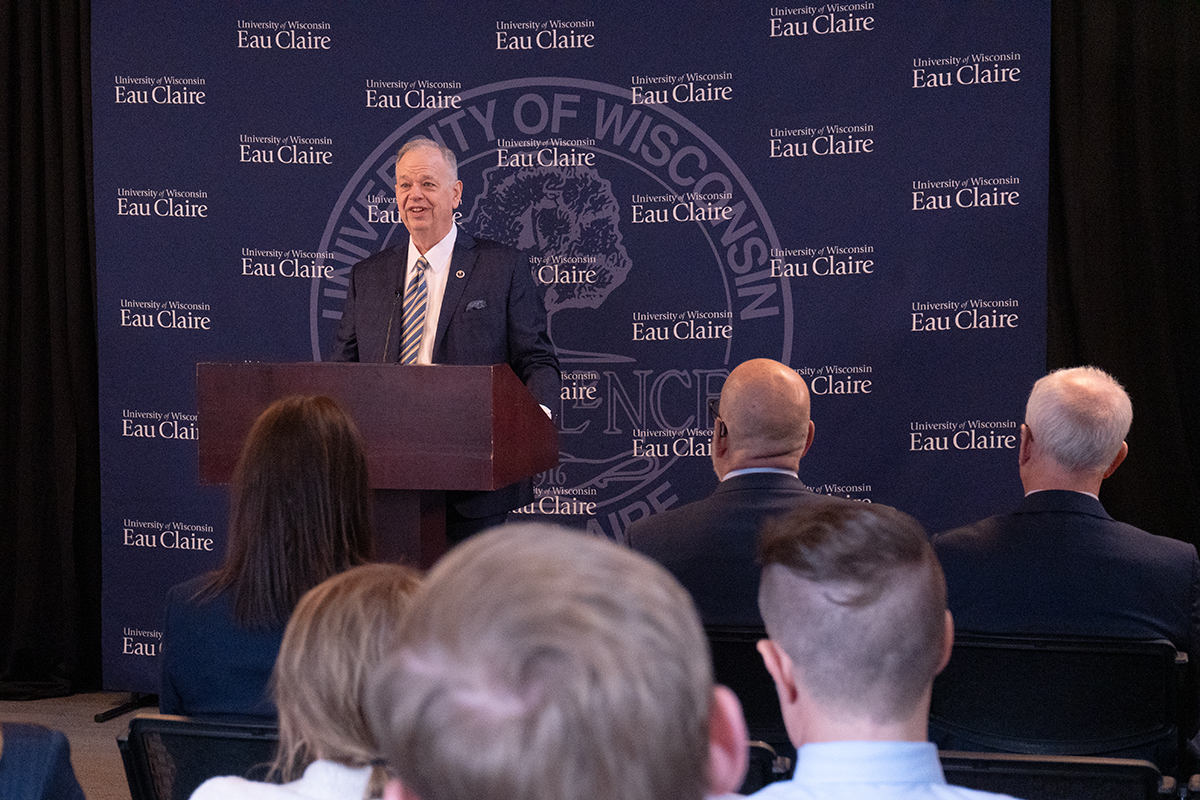When her doctors broke the news that she had breast cancer last September, Jean Peterson said she had trouble accepting the diagnosis.
“I kept thinking, ‘No, I’ve gone every year for my mammograms,'” she said.
Peterson, a program manager with UW-Eau Claire’s continuing education, said she was fortunate doctors caught the cancer early. But the treatment – a partial mastectomy and radiation – left her feeling run down physically and emotionally, she said.
“You just feel zapped,” Peterson said, explaining that radiation treatment causes fatigue. She said her oncologist recommended attending recovery programs to help regain her strength and energy.
Peterson took her doctor’s advice. Now, she is one of many cancer survivors reclaiming life by participating in UW-Eau Claire’s Cancer Recovery and Fitness program. Started by Department of Kinesiology Chair Matt Wiggins, about 10 to 12 cancer survivors work with student volunteers for 12 weeks during the spring and fall semesters. The program uses specially-modified exercises designed to help build strength, flexibility and balance. The program is free of charge, something Wiggins said is important to him.
“My idea has always been that cancer survivors have been through enough,” he said. “They don’t need to pay to feel better.”
Wiggins said he founded the Exercise & Cancer Recovery Program at Murray State University (Ky.) about five years ago. He said he was inspired to create the program after both his father and father-in-law passed away after battles with cancer.
“I just felt like I wanted to do something to help cancer survivors,” he said.
Though he started with one patient, many more survivors kept coming in. When Wiggins took a position at UW-Eau Claire, he said he wanted to continue to help those fighting the disease and brought the program to the Chippewa Valley.
Survivors come in for 30 to 40 minutes twice a week throughout the duration of the program, Wiggins said. Working with medicine balls, flexibility bands and other common exercise equipment, he said the program is a general exercise routine that is modified to meet the special needs of cancer survivors.
Peterson said she appreciates that the exercises are altered specifically for cancer survivors.
“Otherwise I’m trying to force myself to do what other people are doing and it isn’t necessarily right for me or right for where I’m at,” she said, adding working around people in similar situations provides comfort. “There’s a common bond; there’s common support. I don’t feel the same kind of anxiety to perform.”
Another unique feature of the program is that cancer survivors work one-on-one with kinesiology students. This semester, there are six students volunteering with the program, Wiggins said.
Senior Ashleigh Handorff has volunteered with the program for a year. When she first heard about the program, she said she knew it was the opportunity for her.
“My mom has had cancer twice, and then my grandpa just had it a couple years ago,” she said.
Handorff said she has loved her experience with the program. Her favorite part, she said, is at the end of the program when she shows the survivors how far they’ve come.
“We test them initially and then we do the same test post-exercise program,” she explained. “I just love showing them ‘Oh my gosh, you did this before and look what you did now.'”
Wiggins said the program provides valuable experience for the student volunteers and incorporates what they learn in the classroom.
“It’s a real-world situation,” he said. “It’s not just sitting in there and taking some notes. This is changing someone’s life.”
Peterson said working with the student volunteers is one of the highlights of the program.
“They’re just really motivated and enthusiastic,” she said. “I admire them for their dedication and willingness to teach and to help us.”
Wiggins said the program creates a strong connection between the university and the community.
“It’s a great opportunity to be involved with people in the community and show that we do care and that cancer doesn’t have to take away your life,” he said. “You can still do a lot of things. You can still come back from it and fight it.”
As she continues her recovery, Peterson said the Cancer Recovery and Fitness program has been vital to her, and she hopes it continues in the future.
“I’ve become re-enthused about my life and what I’m doing,” she said. “It’s been really positive emotionally, physically. It’s just an all around positive experience.”







